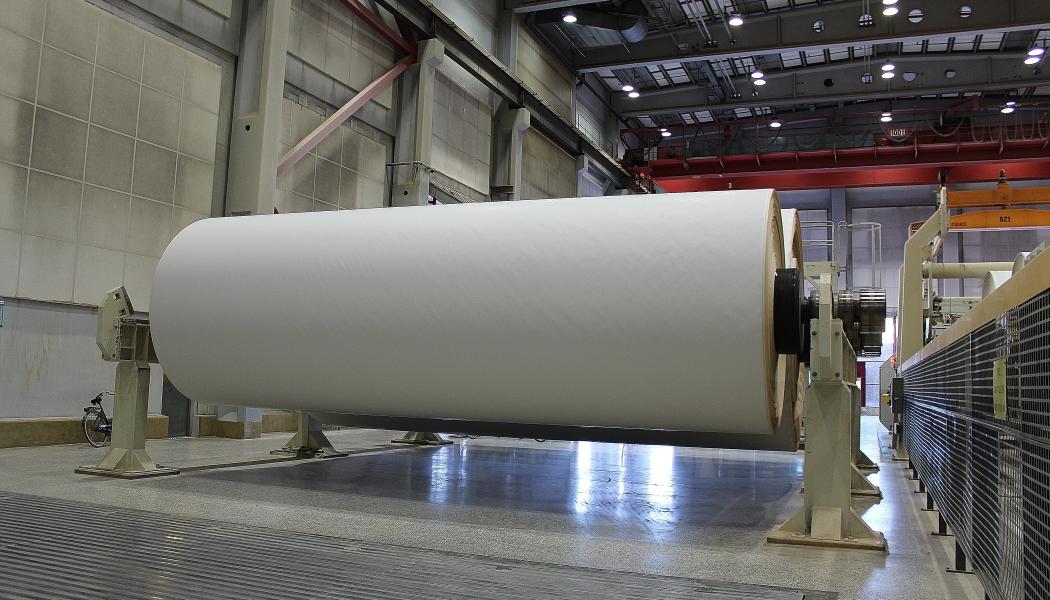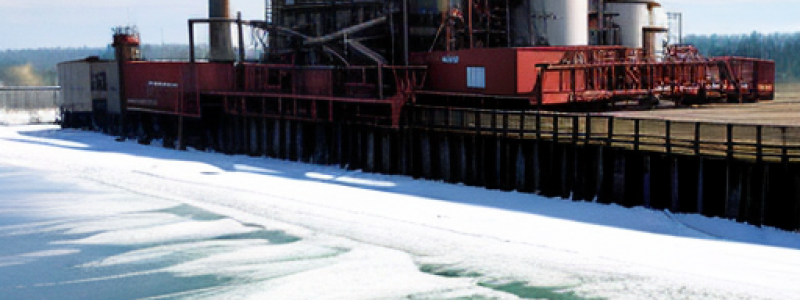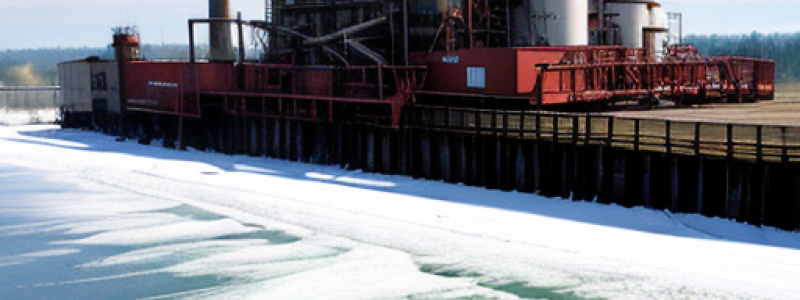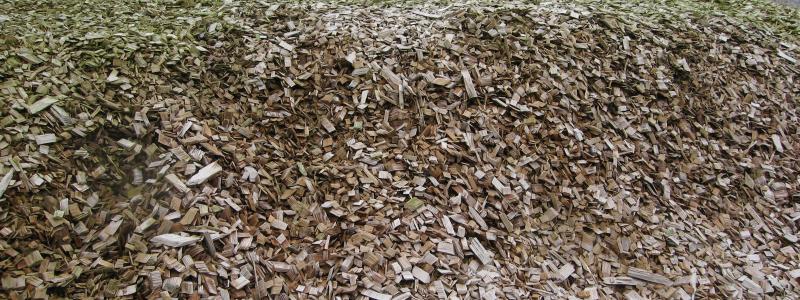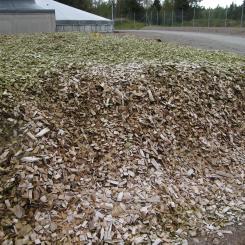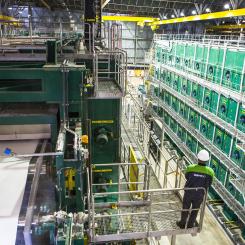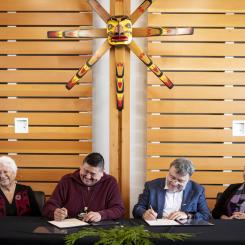Members of the two largest unions in the forestry sector, Unifor and the Public and Private Workers of Canada (PPWC), met this week in Vancouver to develop a coordinated plan for collective bargaining with pulp and paper employers in Western Canada.
“We are stronger when we fight together,” said Unifor National President Lana Payne. “The forestry sector is facing a broad range of issues that the workers are committed to addressing to sustain these good union jobs. We look forward to this next round of collective bargaining with our friends at the PPWC beside us.”
Unifor and PPWC have long been successful with pattern bargaining in maintaining common pension, wage, and benefit language in the collective agreements for members of both unions. The two unions formalized the coordinated approach to bargaining with common employers by creating the Joint Pulp and Paper Caucus in 2015.
“Our partnership with Unifor is important as we negotiate with common employers in an increasingly consolidated Canadian forestry industry,” said Geoff Dawe, President of PPWC. “We know that through strategic pattern bargaining, we will build better wages and benefits for the next contract but we are also working to protect these community-supporting jobs and help create a brighter, more sustainable forestry industry.”
The caucus has chosen a target employer to negotiate with first, and that contract will then set the pattern for future negotiations with other employers in the region.




